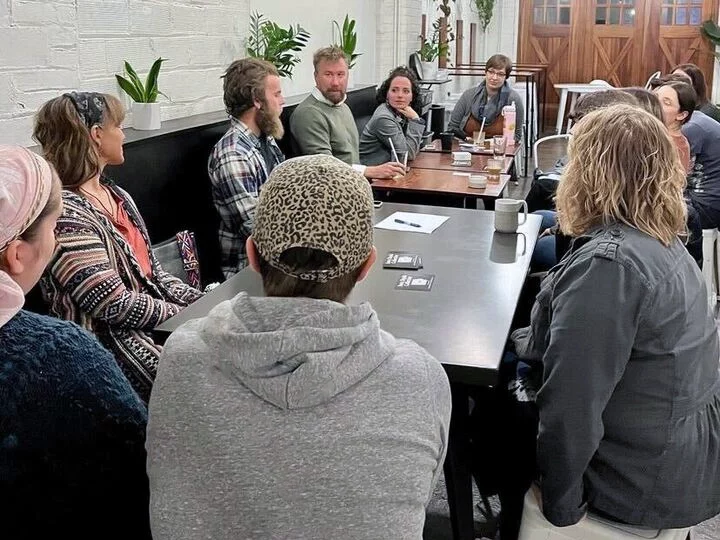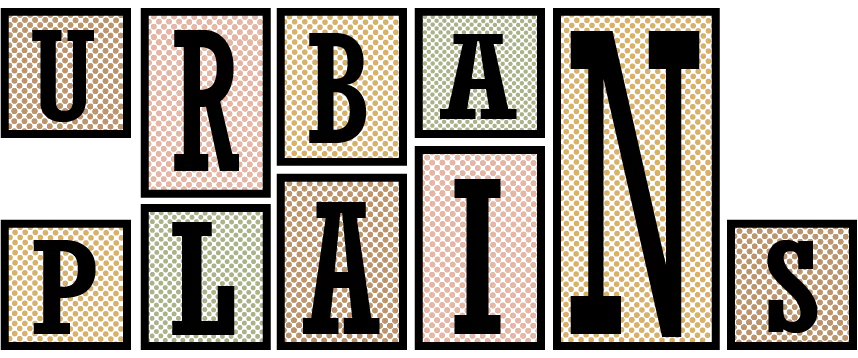On the third Tuesday of every month, a group of strangers gather to talk about death, dying, and the meaning of life.

At my journalism internship over the summer, there was always one story no one wanted to pick up. The story pertained to the local Death Cafe that hosted regular meetings. Those in the newsroom were baffled as to why anyone would want to gather and talk about death. “How morbid,” someone said.“That sounds depressing,” another chimed in. However, having not ever heard of one before, my interest was piqued. So, I did some research.
A Death Cafe is a gathering of strangers who can freely discuss death and dying without fear of outside judgment or objectives—and is often accompanied by coffee, tea, and cake. As stated by the Death Cafe movement website the objective is: “to increase awareness of death with a view to helping people make the most of their (finite) lives.”
The first Death Cafe, located in East London, was founded by Jon Underwood. Underwood drew inspiration from Swiss sociologist Bernard Crettaz, who started Cafe Mortels, his own Death Cafe, after his wife died in the early 2000s. Death Cafes are now a worldwide phenomenon, as there have been around 18,000 global events and close to 8,900 locations just in the United States. Columbus, Ohio, became home to the first U.S. Death Cafe when hospice workers Lizzy Miles and Maria Johnson founded their cafe in 2012.
Burying social taboos
On March 17, the third Tuesday of the month, I joined five strangers who came together at Death Cafe Iowa. These strangers don’t know anything about each other, yet share intimate details like one might share in therapy.
Death Cafe attendee Franklin* wanted to make it clear that a Death Cafe is not a grief support group, despite the personal conversations that take place. Hamilton’s Academy of Grief and Loss, a resource provided by the funeral home, began the Iowa Death Cafe in 2015. Discussions can include seemingly lighter topics like how someone wants their body to be handled when they pass and the moments they first fully conceptualize dying.
“But when you’re in a group of other people who have an interest of talking about [death, it’s easier]…to really think about things with people you don’t know,” Franklin says.
Each of the five attendees noted that the idea of a Death Cafe can be hard to understand and people are often shocked that the concept even exists.
“It’s still amazing to me when somebody can walk in and say, ‘I’ve never heard of it,’” Gene says. “But as long as people keep coming in the doors, that’s a positive thing.”
Franklin says that while he has noticed the general demographics of cafes being White, middle-class, and a little older, he thinks it’s more about the culture of the home and community you grew up in. Another participant, Milo, states that not everyone may be ready to have these conversations, so the timing is very important.
Gene says she never thought of death until she retired. She grew up in a family where you didn’t know “when your foot’s gonna hit the next landmine,” so she stayed calm, quiet, and just tried to get through the day. To grow up in a family where there is openness and comfort to talk about death is a privilege she didn’t have. Upon the passing of Gene’s parents, it was overwhelming for her to think about death having never truly discussed it before.
“Just to have the knowledge that I have now as I get closer to death is such a gift,” Gene says. “I just want to put this on the…internet…and let people know that there’s comfort and there’s help out there to deal with some of these things. [It] doesn’t need to haunt me anymore…It is what it is.”
Iowa Death Collective: Bonding of Earthly Souls
Iowa Death Cafes aren’t the only places people can find community and belonging around death. The Iowa Death Collective was founded in 2021 to promote acceptance surrounding death, and to help facilitate better understanding and education about dying, grief, and loss.
Co-founder Jennifer Leatherby emphasizes the importance of having something like the Iowa Death Collective due to the stigmas of dying and the unknown that comes after.
“We have this culture where we just are like, ‘Don’t talk about dying, pretend it doesn’t exist,’” Leatherby says. “And then when it does happen, no one knows what to do because they never talked about it.”
The Iowa Death Collective started during the pandemic. Initially trained in being a birth doula, Leatherby says the pandemic delayed their plans. After learning about end-of-life doula care, they changed course. Now trained as a death doula, one who helps support people dealing with death or grief, Leatherby met Iowa Death Collective co-founder Elliott Nassif at the School of American Thanatology.
Since then, the Iowa Death Collective—described as “a community for death care workers and death positive Iowans”—has amassed a following of over 650 people on Instagram. They’ve helped host Death Cafes, educational seminars, and community gatherings.
Leatherby has taken some time off due to personal matters, but plans to get the organization more active in the future. Going forward, they hope the Iowa Death Collective can build a network that brings together information and resources from different hospices and other end-of-life organizations. For Leatherby, the work they do as a death doula has helped highlight the importance of having an organization like the Iowa Death Collective.
“Being able to spend time with people who are at the end of their life has been one of the biggest gifts that I’ve ever received,” Leatherby says. “It helps me to live my life in a more meaningful way. And I think a lot of people who work in end-of-life care share that same sentiment.”
*All Iowa Death Cafe attendees’ names are pseudonyms.
